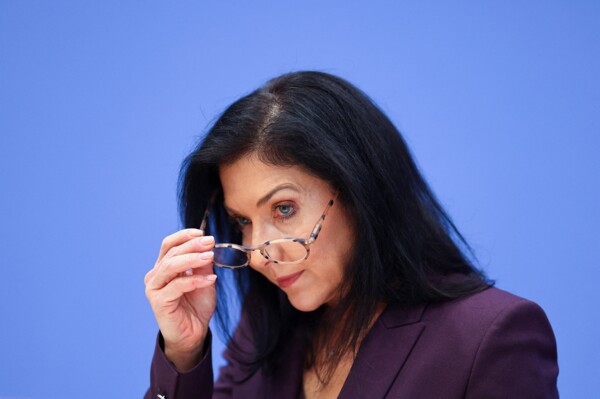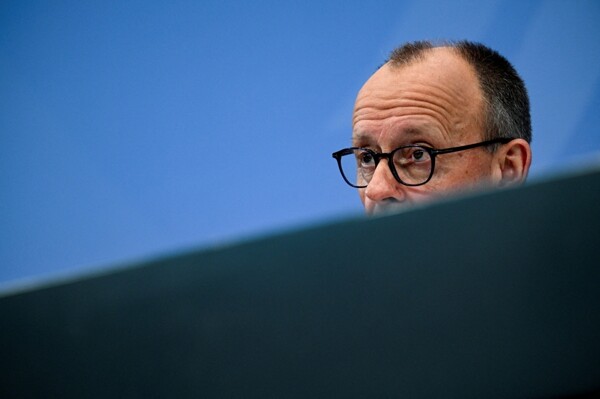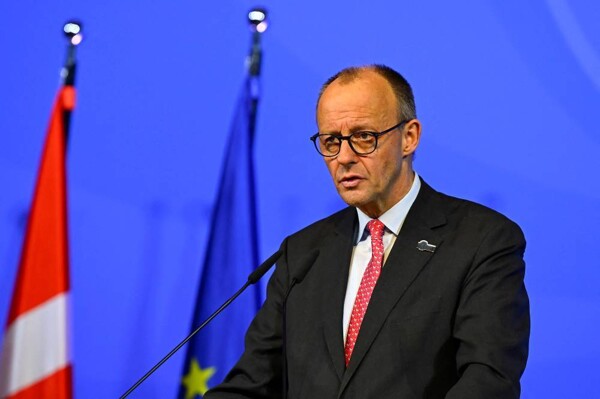
In the recent national elections in Germany, the Christian Democratic Union (CDU), led by Friedrich Merz and leaning conservative, emerged as the most voted party. These elections were also marked by the significant increase of the far-right, which positioned itself as the second political force, doubling the votes obtained in the previous elections of 2021. Voter participation was notable, reaching a record 84% of eligible citizens.
According to post-electoral projections, the bloc formed by the CDU and the Christian Social Union (CSU) accumulated the highest percentage of votes, with 28.6%, followed by the far-right AFD with 20.4%. Meanwhile, the Social Democrats (SPD), led by current Chancellor Olaf Scholz, came in third with 16.5%, suffering a drop of 9 points compared to the previous elections, representing their worst historical result.
Regarding future plans, conservative candidate Friedrich Merz expressed his desire to form a new government in Germany "before Easter," that is, during the first half of April. Merz ruled out any possibility of collaboration with the far-right and showed a preference for forging a coalition with other political forces such as the SPD or the Greens, who secured fourth place with 12.4%. The Greens surpassed the Left, which reached 8.7%, and the Free Democratic Party (FDP), which experienced a significant drop and stood at 4.9%.
As for the composition of the German Parliament, the CDU-CSU would achieve the greatest representation with 197 seats, followed by the AFD with 139 seats, the SPD with 112 seats, the Greens with 86 seats, the Left with 60 seats, BSW with 35 seats, and the Southern Schleswig Voters Association with a single seat.














